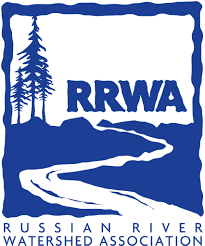Do you like seeing trash and litter on our sidewalks, streets, yards and waterways? We didn’t think so. Not only do our open spaces look better when they are clean and tidy, it contributes to a healthier environment.
Trash and small debris pieces left in open areas may be carried by rainwater to storm drains. Smaller items such as motor oil and pesticides may flow into storm drains, which could lead to rivers, lakes and streams. Large items may block storm drains and can cause road and structure flooding during storms.
Additionally, litter effects the quality of waterways that provide recreation for many residents and can harm aquatic and other wildlife. Animals can ingest toxic substances such as paint or household cleaners, or they might swallow or become entangled in trash that finds its way into streams. Fertilizers from yard waste dumped into streams can create large algae blooms that kill fish.
Common forms of litter include cigarette butts, plastic bags and bottles, aluminum and glass containers, paper products, household hazardous wastes, motor oil, used food containers and unwanted food, diapers and yard waste.
Small amounts of litter from homes or neighborhoods add up to big problems.
What can you do? A healthy, vibrant community that is free from trash and litter takes commitment and investment. Each person can make a big difference to keep our waterways clean.
- Storm drains are not trash cans. Please do not throw anything into the streets or storm drains.
- Please don’t litter. Make sure that your trash does not enter waterways. If you see litter, pick it up, and dispose of it properly.
- Ask for help. If you see a problem area (i.e., a trash can overflowing onto and/or along the sidewalk), inform your city or trash hauler so they can address the problem.
- Use your consumer voice. If you notice a lot of litter near your favorite shop or restaurant, encourage the business to add more trash and recycling receptacles.
- Reach out to your local government representatives. Let them know that trash mitigation and storm water management are important to you by asking tough questions about what resources are currently being allocated to address these issues.









